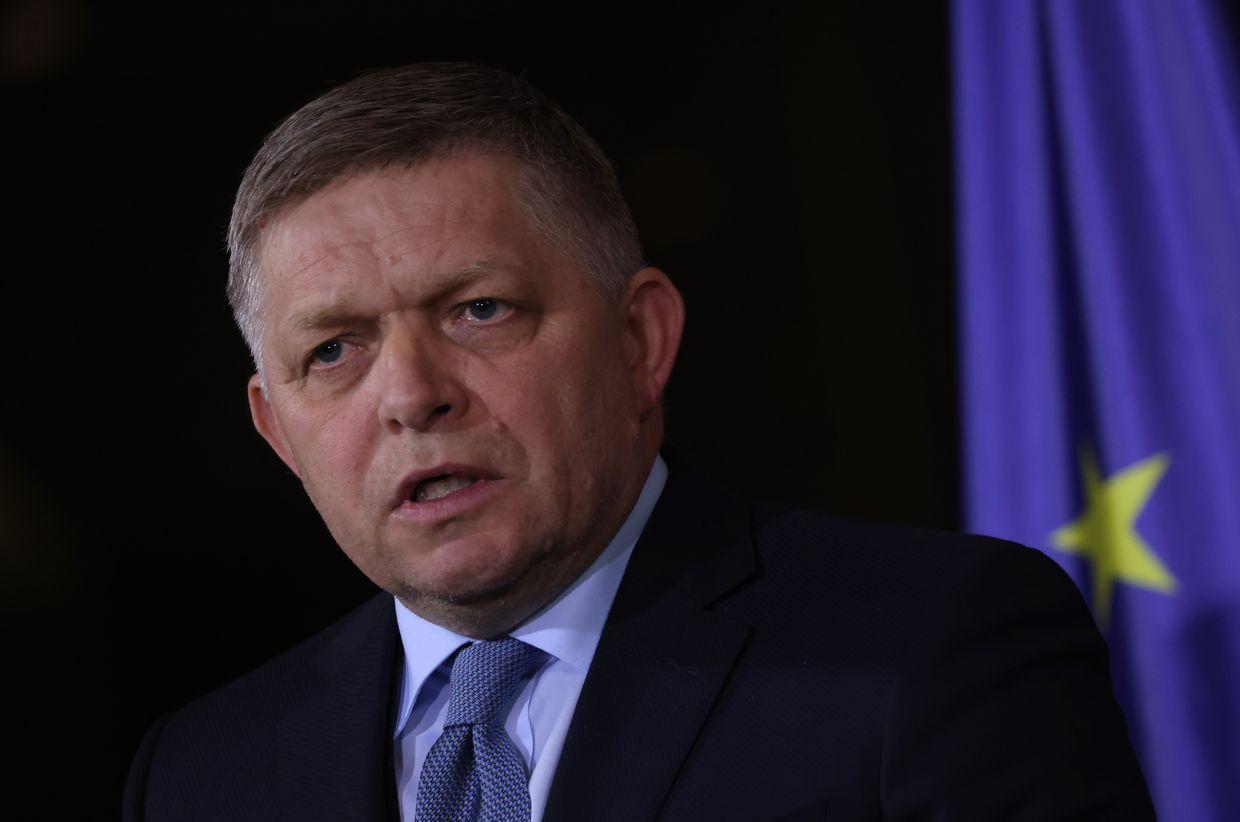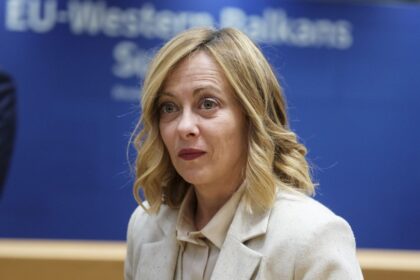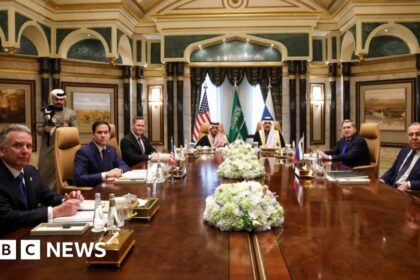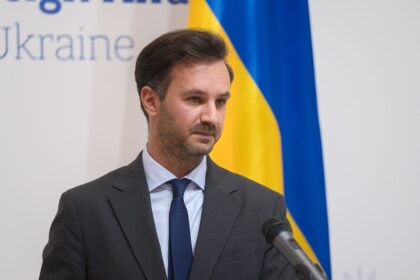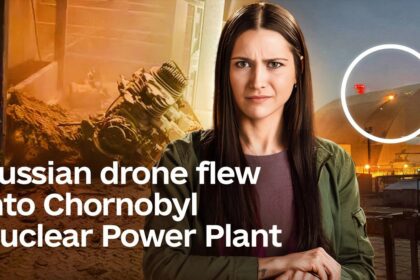**EU Fails to Approve New Russia Sanctions Due to Slovakia’s Obstruction**
The European Union was unable to approve its 18th package of sanctions against Russia on July 15, as Slovakia continued to block the move. The bloc had hoped to formally approve the package during a foreign ministers’ meeting in Brussels.
According to sources, the EU expected to reach a unanimous agreement ahead of the meeting. However, Slovakia’s representative requested a postponement of the vote, citing concerns about transitioning away from Russian gas. Slovak Prime Minister Robert Fico said that his government was seeking exemptions related to a planned phase-out of Russian gas and that the European Commission’s proposed solutions were unacceptable.
Fico specifically mentioned the EU’s plan to stop the flow of Russian gas by 2028, which he called “imbecile.” He stated that Slovakia was prepared to negotiate a deal that would grant the country an exemption to this deadline. Fico also released a letter from European Commission President Ursula von der Leyen, pledging to address Slovakia’s concerns.
However, Fico deemed these guarantees insufficient and maintained that the best solution would be to grant Slovakia an exemption allowing it to fulfill its contract with Russia’s Gazprom until 2034. This proposal has been rejected by the European Commission in principle, as implementing it would negate the essence of anti-Russian sanctions.
Since EU sanctions require unanimous backing, a single country’s veto prevents the package from being implemented. Slovakia and Hungary have consistently opposed the draft sanctions, stalling their adoption on multiple occasions. The latest proposed sanctions target Moscow’s energy revenues, banks, and military industries in response to Russia’s ongoing invasion of Ukraine.
**Commentary**
The EU’s inability to approve new Russia sanctions due to Slovakia’s obstruction highlights the complexities and challenges of implementing unified policies among member states. While the bloc’s unity is crucial for effective decision-making, individual countries’ interests can sometimes take precedence over collective goals.
This development also underscores the importance of energy security in European politics. Slovakia’s reliance on Russian gas has been a contentious issue within the EU, with some member states questioning the bloc’s ability to wean itself off Russian fossil fuels. Fico’s demands for an exemption demonstrate the difficulties faced by countries seeking to transition away from Russian energy imports while avoiding economic disruption.
**Deeper Analysis**
The ongoing struggle between Slovakia and the EU on Russia sanctions reflects deeper tensions within the bloc regarding its approach to energy security, relations with Russia, and overall unity. The proposed exemptions requested by Fico raise questions about the EU’s ability to maintain a unified stance towards Moscow.
Furthermore, this situation highlights the need for greater cooperation and compromise among member states in addressing common challenges such as energy security, sanctions policy, and economic resilience. As the bloc continues to navigate these complexities, it is essential to balance individual interests with collective goals, ensuring that EU policies remain effective and cohesive.
Read More @ kyivindependent.com




